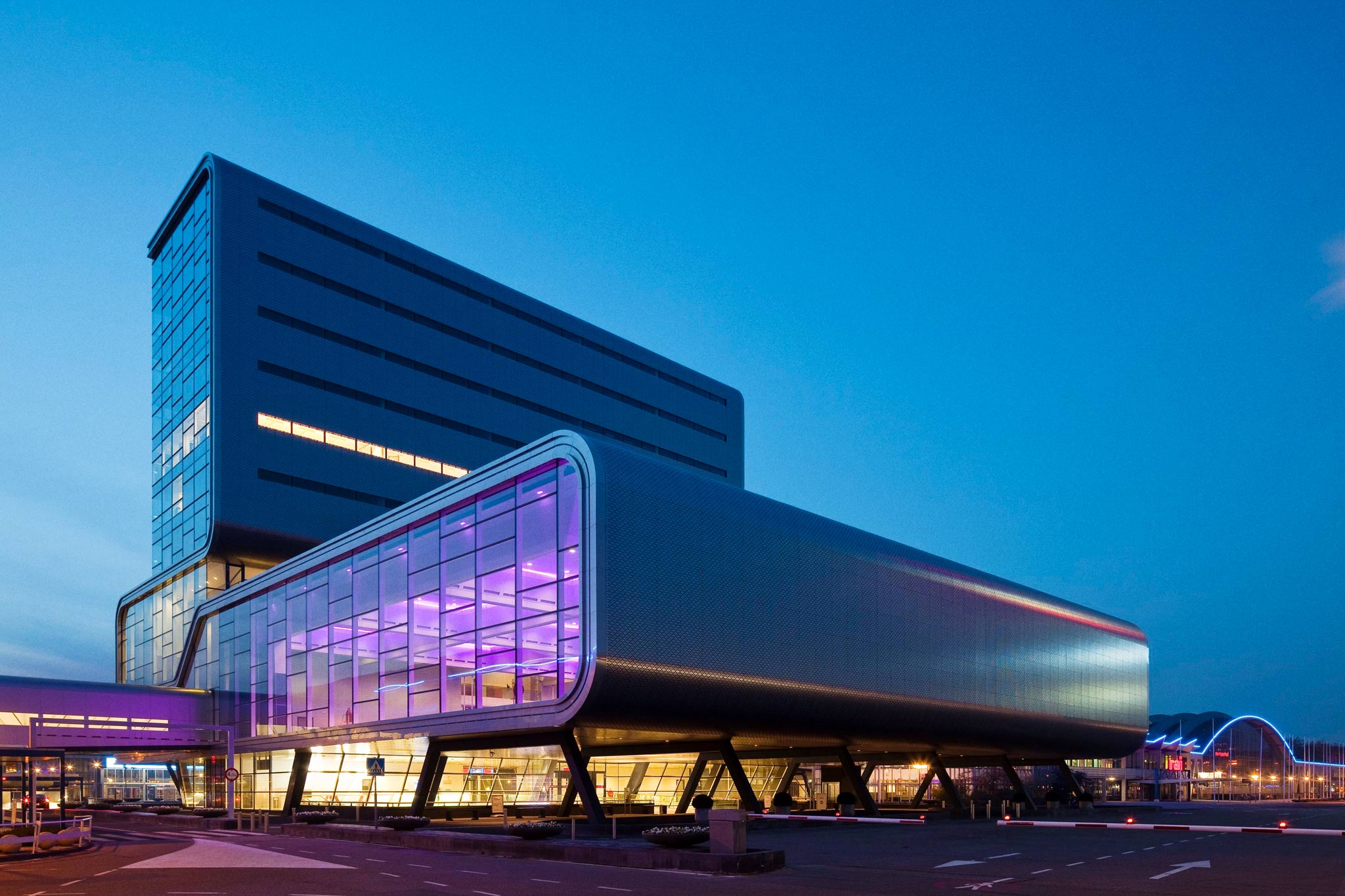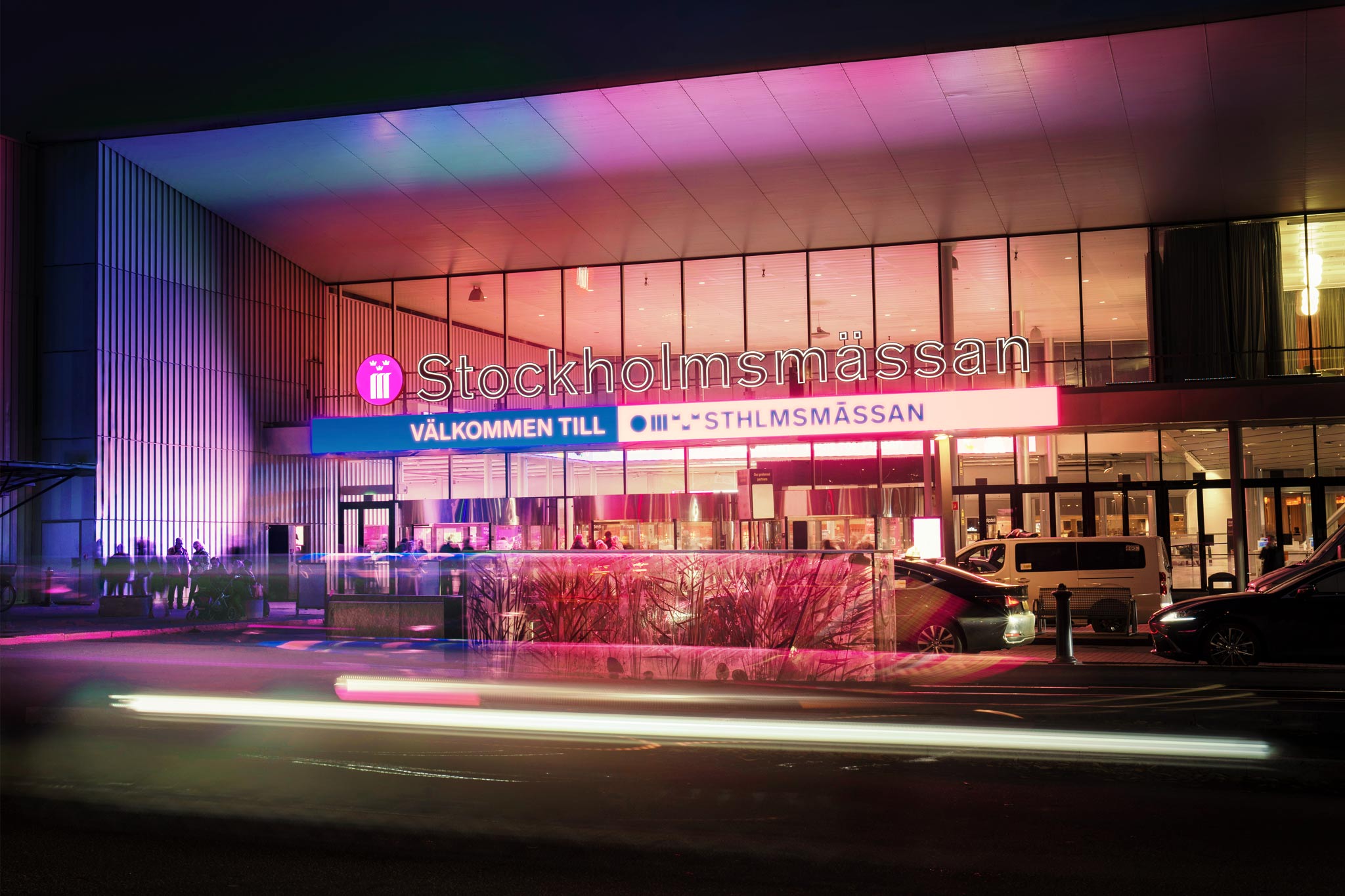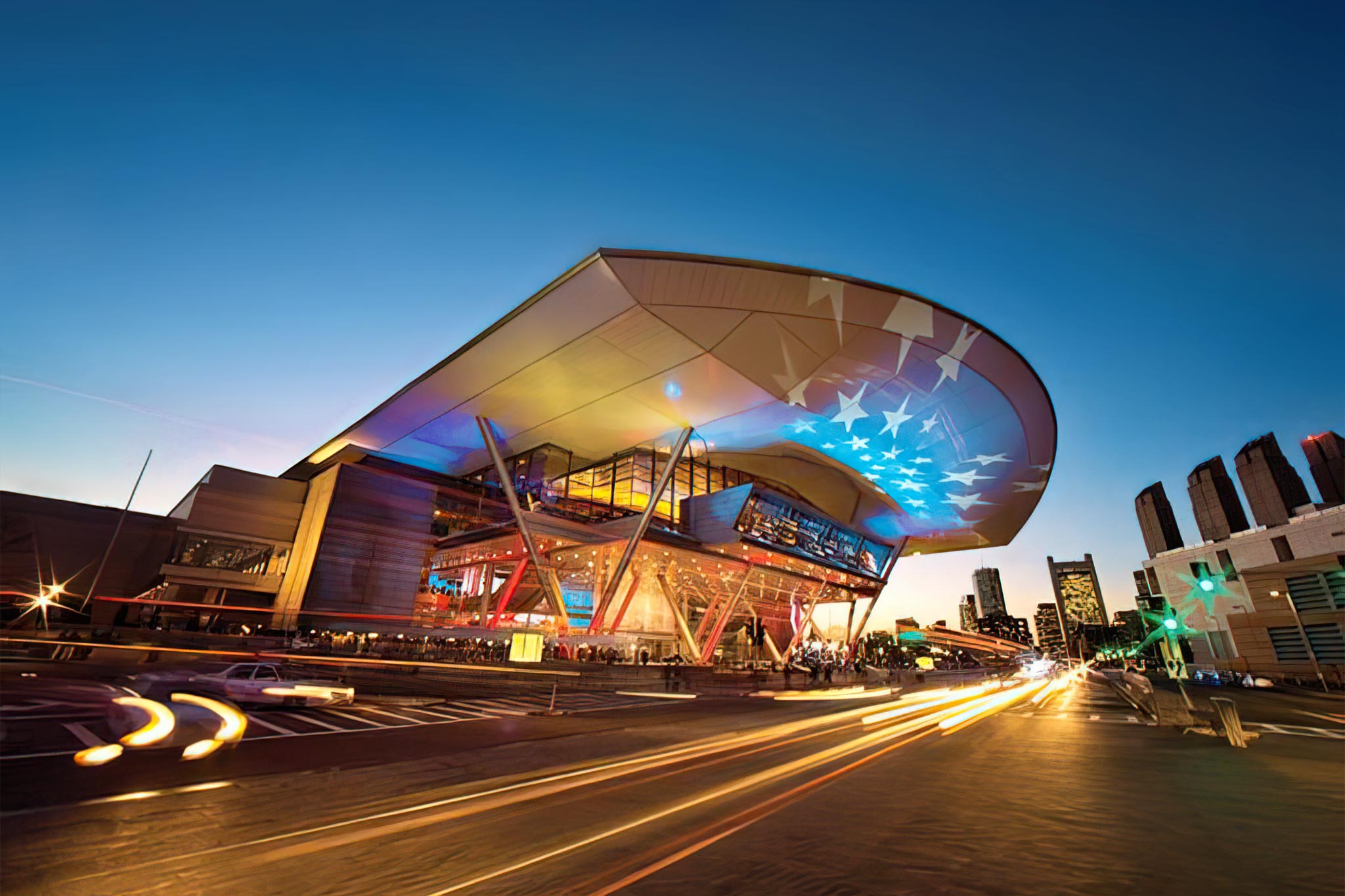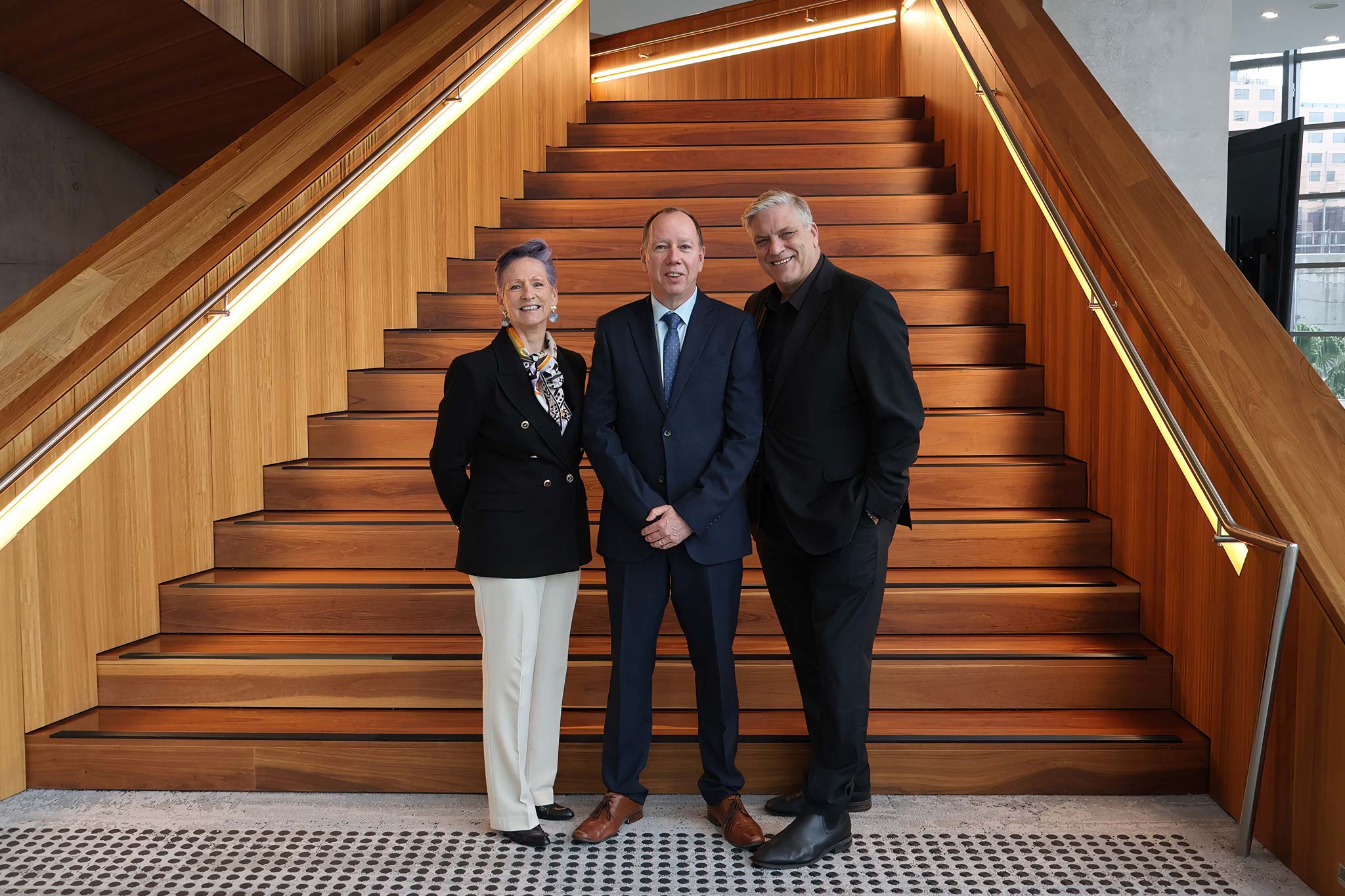RAI Amsterdam’s revenue increased by 28 per cent in 2023 compared to the previous year, as Covid-19 restrictions no longer impacted the events and trade fair sector. The company has also invested in sustainability over recent years, resulting in significant savings in energy consumption and much lower CO₂ emissions.
RAI Amsterdam’s revenue amounted to €151.4 million over the past year, with an operational profit (EBITDA) of €27.3 million. After tax, the convention centre recorded a profit of €7.6 million. “This has been an excellent year for us in every respect,” comments CEO Paul Riemens. “Not every conference and exhibition is held annually and, considering our cycle, it was impressively busy for an uneven year. International events have returned to Amsterdam, and we have been very active abroad with our events for the past year. Furthermore, our buildings and events have created additional value for the city and region.”
Almost 1.5 million visitors
A total of 314 events took place at RAI Amsterdam in 2023. They attracted almost 1.5 million visitors, an increase of some 20 per cent compared to 2022. The most visited event was the broadcast exhibition IBC, which attracted over 43,000 visitors from more than 170 countries. Additionally, the IT and tech fair Cisco Live was held at RAI Amsterdam for the first time, and the European Society of Cardiology brought 24,000 doctors together in the Dutch capital. “We have built up a portfolio of events which are leaders in their respective sectors and bring the key players from these sectors together,” says Paul Riemens.
“Our goal with all these different events is to have societal and economic significance, which is exactly what our customers are increasingly asking for, too. And, of course, the events here stimulate innovation and boost the city economically.”
Over the past year, RAI Amsterdam has further emphasised its social and societal significance, primarily through its role as a partner in the sustainability efforts of the Amsterdam metropolitan region. It has also focused on addressing various issues on the societal agenda. For example, the gas consumption of the convention centre has almost halved compared to five years ago, with total energy consumption decreasing by about 20 per cent in the same period and CO₂ emissions falling by over 16 per cent. In addition, taps have been installed to reduce water consumption, and the RAI kitchen predominantly uses plant-based and local products. All carpets in the RAI are replaced with circular carpet tiles, and all shoes, helmets and used employee clothing are reused or recycled into raw materials for car upholstery.
Transformation
Paul Riemens emphasises that RAI Amsterdam aims to contribute as much as possible to the city’s overall well-being, development and transformation: “For some years now, we have been working on a programme of integrated area development that will address these issues even more effectively. This is a long-term trajectory, but as we work together more closely, the city and RAI Amsterdam increasingly recognise how valuable we can be to each other.”
According to Paul Riemens, 2024 promises to be an even better year for RAI Amsterdam: “Our agenda is very well-filled, and we are innovating in a wide range of areas, from small changes such as water-saving toilets to major investments in a private 5G network. In addition, we will continue developing the vision for our part of the city with the Amsterdam council and other stakeholders. In doing so, we will ensure that the RAI premises have even greater added value for organisers, exhibitors, visitors, the city and the region.”



